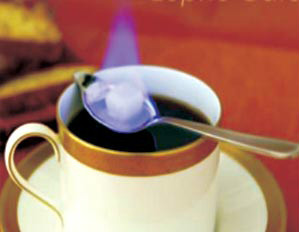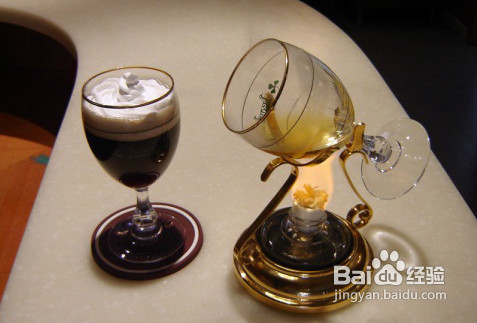Rich and balanced Bolivian coffee Yongas, northeast of La Paz
Bolivia has made a lot of efforts to improve the quality of coffee, stimulate the enthusiasm of coffee farmers and make coffee farmers have a deeper understanding of fine coffee. After the introduction of the COE competition, in the first COE competition held in 2004, there were 13 boutique bean cups with a total score of more than 84 points, and the champion bean score was as high as 90.44 points. In addition, in order to solve the problem of untimely post-processing, a washing treatment plant has also been built in Yanggas area. Let the freshly picked coffee be post-processed as soon as possible to prevent the decline in quality caused by transportation. Coffee farmers are also constantly refining their planting techniques. In short, Bolivia has finally completed a magnificent turn in quality through its own efforts in all aspects.
Bolivia not only has a unique growing environment, but also has an excellent variety of coffee-Typica. In the past two hundred years, the main variety of coffee in Yanggas area is the ancient Tibica. Tibica coffee has a balanced and soft flavor, with lively aroma and rich sour taste. Unfortunately, the low production of Tibika and poor disease resistance have led to low coffee production in Bolivia. There are even fewer opportunities to taste Bolivian coffee. So in order to increase coffee production, Bolivia, like other Central American countries, began to experiment with growing Kaddura and Catuai. Kaddura variety has high yield, high quality, rich sour taste and resistance to leaf rust. Kaduai variety has high yield, strong environmental adaptability and tolerance to diseases and insect pests. Planting these two varieties is expected to increase the yield as much as possible while ensuring the flavor quality.
The overall taste of Bolivian coffee is rich and balanced, the aroma is rich and unique, similar to the mixture of flower and fruit aroma, impressive. The perennial low temperature environment makes the coffee fruit grow slowly, compact enough, the aroma is also charming, the floral aroma is obviously medium and low acidity, but the feeling is not monotonous, on the contrary, it appears soft and fresh, with the sour taste of citrus fruit.
Because Bolivia's production is low, we don't have many chances to drink it. It is precisely because the smaller the output, the more precious it is. Because of my personal preference for Central American coffee, I still have more expectations for Bolivia, a small and beautiful coffee producer.

Important Notice :
前街咖啡 FrontStreet Coffee has moved to new addredd:
FrontStreet Coffee Address: 315,Donghua East Road,GuangZhou
Tel:020 38364473
- Prev

Moderate acidity, fragrant and delicious lemon tree manor in central Central America in Nicaragua
Nicaragua is now one of the poorest countries in Central America. Due to its poor economic foundation, the coffee industry is still relatively backward, while coffee farmers are in extreme poverty. Fortunately, Nicaraguan coffee has received some foreign aid funds to improve the quality of its coffee. Coffee from Madagelba, Sinodega and Segovia in Nicaragua
- Next

Very rich aroma of Jamaica Blue Mountain Coffee Atlanta Manor
The Blue Mountains stretch to the east of the island of Jamaica. The mountain has such a good name because the British soldiers who had arrived in Jamaica saw the blue light shining over the mountain and shouted, "look, the blue mountain!" From then on, it was named Blue Mountain. In fact, the island of Jamaica is surrounded by the Caribbean Sea. Every sunny day, the sun shines on the sea, and the mountains in the distance are blue.
Related
- Does Rose Summer choose Blue, Green or Red? Detailed explanation of Rose Summer Coffee plots and Classification in Panamanian Jade Manor
- What is the difference between the origin, producing area, processing plant, cooperative and manor of coffee beans?
- How fine does the espresso powder fit? how to grind the espresso?
- Sca coffee roasting degree color card coffee roasting degree 8 roasting color values what do you mean?
- The practice of lattes: how to make lattes at home
- Introduction to Indonesian Fine Coffee beans-- Java Coffee producing area of Indonesian Arabica Coffee
- How much will the flavor of light and medium roasted rose summer be expressed? What baking level is rose summer suitable for?
- Introduction to the characteristics of washing, sun-drying or wet-planing coffee commonly used in Mantenin, Indonesia
- Price characteristics of Arabica Coffee Bean Starbucks introduction to Manning Coffee Bean Taste producing area Variety Manor
- What is the authentic Yega flavor? What are the flavor characteristics of the really excellent Yejasuffi coffee beans?

